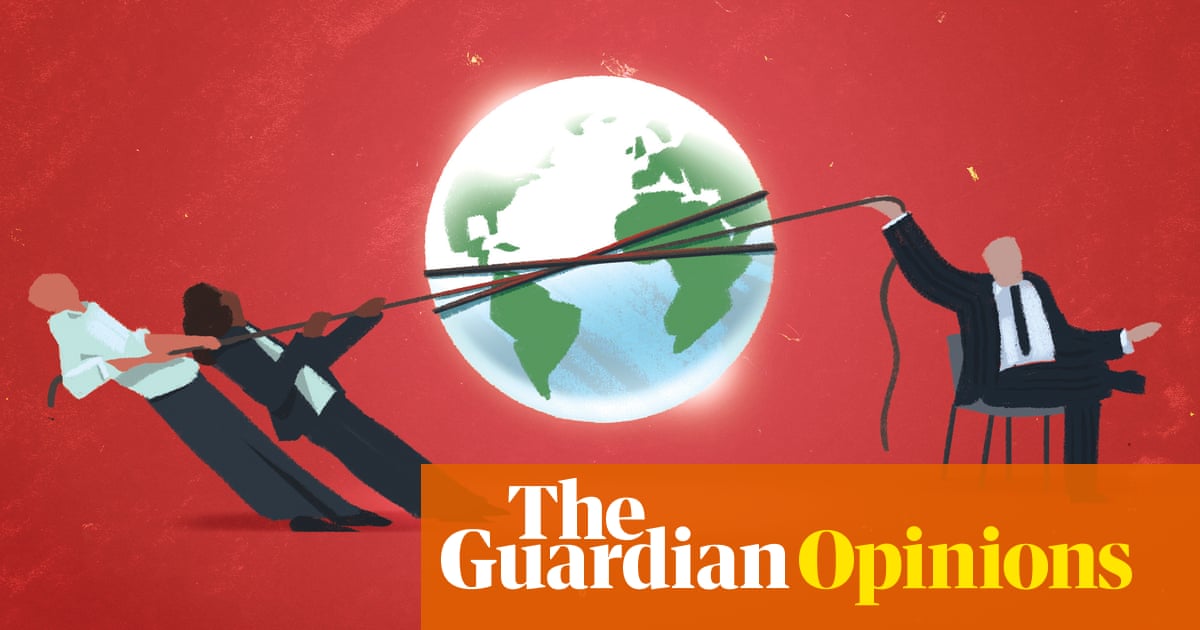
"Starmer's approach marks a strategic shift in Britain's global stance, moving from soft power to hard. He aligns closely with NATO's views on defense."
"The article argues that fear of invasion has driven extensive public spending on defense, despite the absence of any real threats to Britain's sovereignty."
"Post-Cold War, opportunities for soft power engagements with Russia were ignored, hindering meaningful dialogues and solidifying adversarial postures instead."
"The author reflects on past efforts where Western engagement with Russia displayed hope, as leaders were open to cultural exchanges and collaboration."
The article critiques British politician Keir Starmer's recent alignment with NATO's aggressive stance toward Russia, implying a dramatic shift towards hard power in Britain's defense strategy. It highlights the significant financial commitment made by Starmer to procure military aircraft from the U.S. while emphasizing that, despite this spending and fear-driven narratives, Britain faces no imminent invasion threats. Furthermore, it recalls a more optimistic era post-Cold War, which offered opportunities for engagement with Russia that were overlooked, resulting in a hardened adversarial relationship rather than fostering collaboration and understanding.
Read at www.theguardian.com
Unable to calculate read time
Collection
[
|
...
]